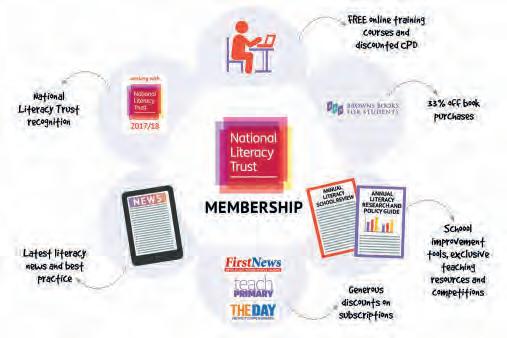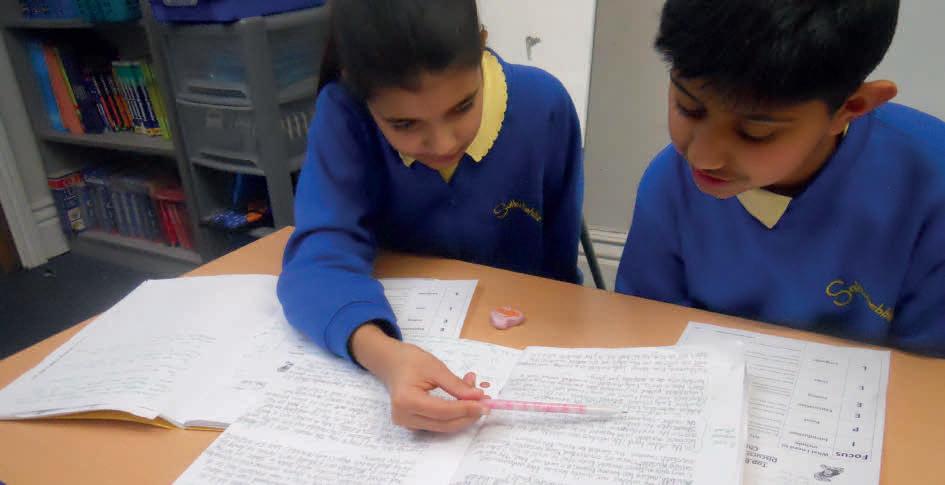
1 minute read
Linking writing about memorable experiences with different purposes and audiences
Knowing or anticipating who will be reading what is being written is key to effective writing. It means that the content of writing can be adapted to address the main interests of the intended audience. Knowing the audience also helps pupils to decide on the ‘voice’ to use. The writer’s voice describes the individual writing style of an author and also includes how formal or informal the tone of voice should be. Letters or emails to personal friends may be written in a very informal style, but this same style would not be appropriate when writing to the local council where a more formal tone is expected. Opportunities to write about a memorable experience for different purposes and audiences can be a good way to encourage pupils to want to write. Writing for a real audience can also be a source of motivation for some reluctant writers. The audiences for writing can be based in the school or in the wider community, and should include a balance of children and adults.
Audiences can include:
■ Pupils in different classes/age groups ■ Parents ■ Other teachers/headteacher ■ School governors ■ Authors – contributions to a new book or changes to an existing book ■ Other schools, both national and international ■ The school website or blog ■ Pen-pals – real or imaginary ■ Prospective tourists ■ Local businesses









